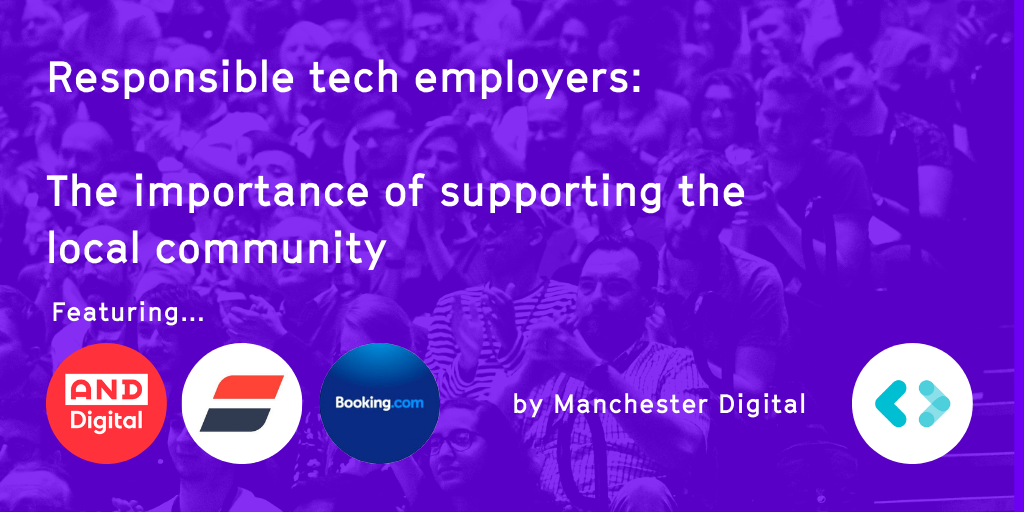
It’s happened to all of us.
“Unfortunately, after careful consideration, we have decided that …”
It could have been a role you thought you were absolutely perfect for or a company whose culture and ethos seemed like a perfect fit. Maybe it seems like every email you read now is just some new way of knocking you back. Sometimes it doesn’t matter how much effort you put in, you just don’t get the job. And it’s hard. And it sucks.
For a lot of us, it can feel like we’ve failed. But it's important to remember that you haven’t. It’s never easy to hear ‘Thanks but no thanks’ when you’ve put a lot of effort into a role, and contrary to popular belief, it doesn’t always get easier. But it can get better. A lot of job hunting tips focus on what to do when you’re looking for a job or the run-up to the interview, but hardly anyone shows you how to deal with the less dreamy side of job hunting or practical steps you can put into place to move on quickly.
It’s what you do after you get rejected that really matters so we’ve rounded up some ways you can move on from rejection and deal with it in a positive way, from immediately after the rejection, to getting back on your feet. Don't panic, you’ve got this.
Immediately after rejection
Do something you enjoy
Wait, before you skip this part, it’s actually the easiest way to bring your self-confidence back. By doing something you enjoy – perhaps a coding course or listening to a tech podcast – you’ll remember that there is more to you than this. It’s easy to get in a cycle of rejection, so celebrating the little wins can make a huge difference and help you to get back on track quickly.
After you’ve processed the rejection
When you’re ready, seek feedback and self-evaluate
Gaining feedback into what reasons were behind the recruiter/organisation going another direction with their hiring (and being open to hear what they say) is really key to helping you with finding the right role. Sometimes you have all the technical skills but you might not be a great culture fit, or vice versa.
As useful as feedback can be, it’s also important to ask yourself questions about how it went. Here, you should be as honest with yourself as possible. Take time out, and create an action plan. Consider:
- Were you adequately prepared for the interview? If not - why?
- What could you do better for the next time? Could you hone in on specific examples of projects you’ve worked on? Shown more soft skills?
- Are there any skills you didn’t present properly or could add to your repertoire? How could you show this if given the chance again?
‘Okay, I’ve self evaluated - what can I do next?’ – don’t worry, we’ve got you covered. Consider reading up on areas where you feel you lack confidence or knowledge. Here are some good resources: W3Schools, GitHub. Similarly, podcasts are a great way to be where the conversation is. We like Full Stack Radio and JS Party.
After self-evaluation
Keep a side project:
Brush up on your technical skills - we have some technical tests on our platform here. Continue learning, continue working, continue growing. Side projects are 1) a great way to focus your energy after a rejection 2) a great asset to showcase in your next interview. After all, they show that you’re keeping up momentum and you’re a self-starter. Win win!
Understand the climate
The global pandemic has made a lot of changes in the world of work, and it’s meant that it’s gotten a little tougher in some sectors, such as the travel industry, to get a new role. Tired of traditional recruitment processes? The good news is that there are plenty of companies searching for someone like you on hackajob. You can sign up → here, sit back and let the offers come to you.
And remember - sometimes the decision had nothing to do with you, or your skills. The perfect role will come along for you - just keep focused on the future and your strengths. We're rooting for you!
Like what you've read or want more like this? Let us know! Email us here or DM us: Twitter, LinkedIn, Facebook, we'd love to hear from you.









